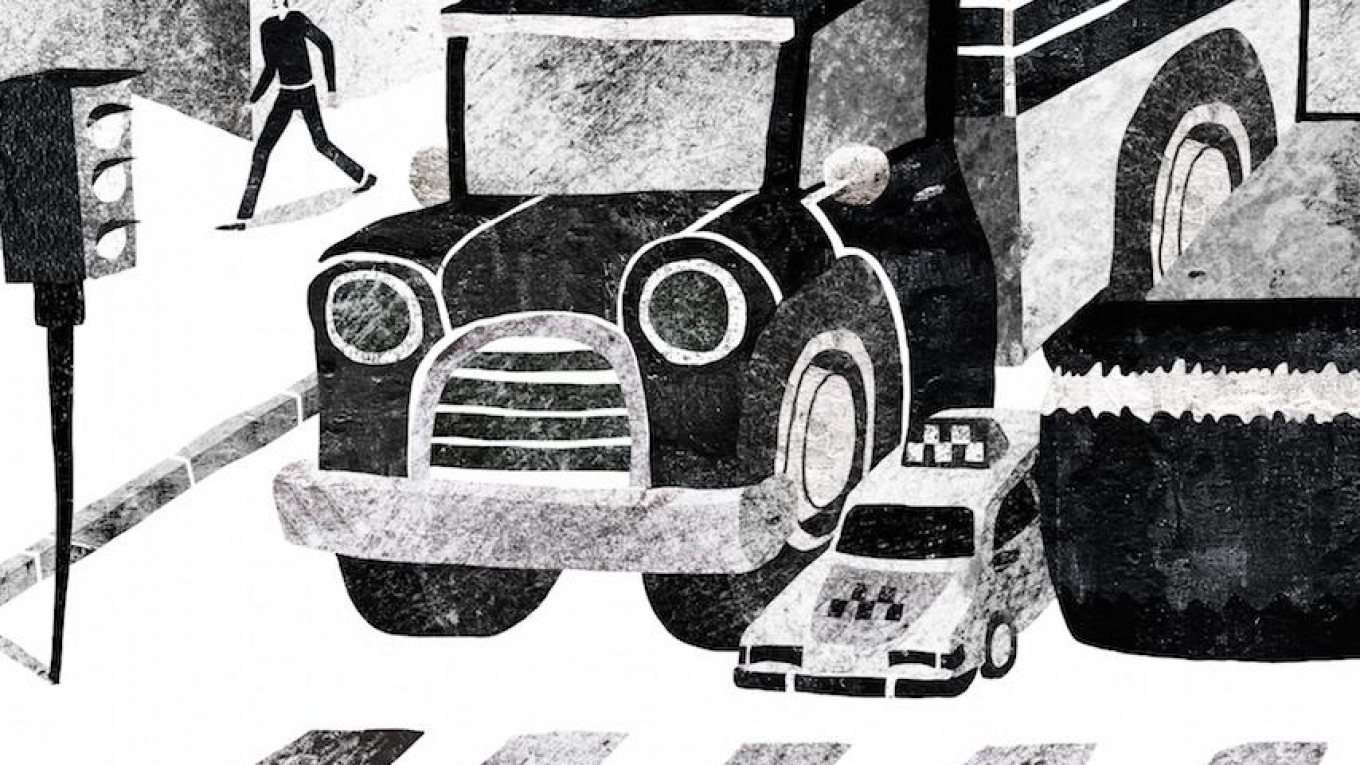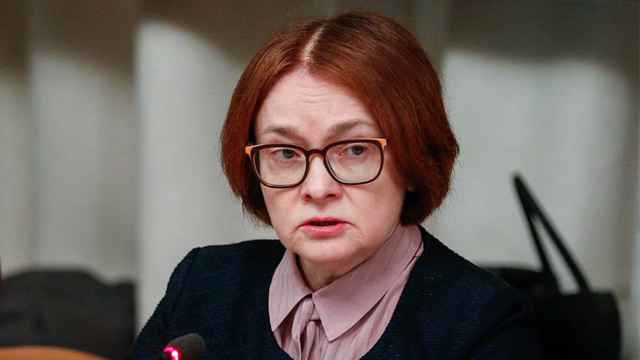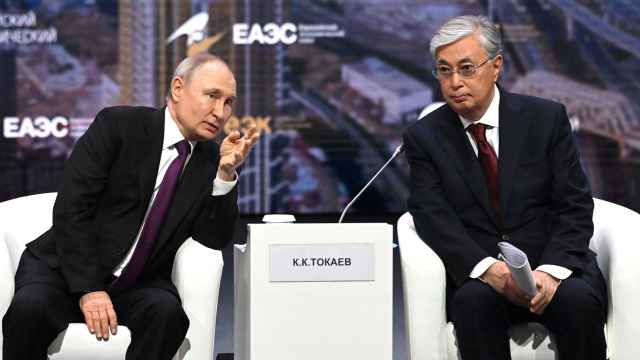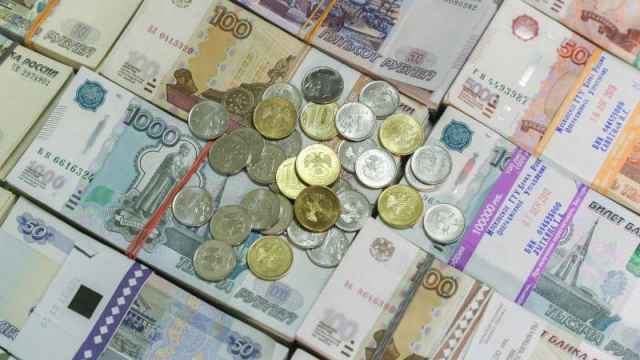“How can fuel, vehicles, and car repairs go up in price, while fares get cheaper?” asks Alexei Lukin, a taxi-driver and founder of an online group opposed to taxi aggregation apps like Uber.
Like taxi drivers worldwide, Lukin is angry. This May, he helped organize a “protest ride” on Moscow’s Garden Ring, the main road dividing the center of the capital from its suburbs.
The group that Lukin launched is also encouraging other methods of protest, including the introduction of “silent hours,” when he and other taxi drivers would agree not to pick up orders from app providers such as Uber.
On a corporate level, United Russian Carriers (URC), a taxi drivers’ association, has suggested fixing a minimum charge on all taxi services. The organization said it would file an official complaint to Russia’s federal competition regulator.
But neither of these measures appear to be working. Taxi drivers associations are trying to fight what they say is aggressive, predatory pricing by online taxi providers in Moscow. But so far, Muscovites have been reaping the benefits. Prices are plummeting, waits are shorter, and rides are more comfortable.
A fixed fare
Within the last three months, Moscow’s three major app providers — Yandex-Taxi, Gett and Uber — introduced fixed fares. The advantage: Passengers know their fare before they even step into the car, and there’s no threat of Moscow’s infamous traffic jams driving up the cost.
“The fixed fare benefits the passenger because he doesn’t get any surprises during the ride,” Uber’s Moscow General Manager Vitaly Bedarev told The Moscow Times.
In written comments to The Moscow Times, Yandex’s press service also praised the measure. Yandex users have seen taxi waiting times in Moscow plunge by 29 percent. The number of daily rides for an average taxi driver has also risen by 15 percent, heralding a rise in the the average hourly salary of Moscow’s taxi drivers.
Apart from introducing fixed rates, apps have also brought in other discounts for passengers and compensations for drivers. Uber told The Moscow Times that it subsides some fares within marketing campaigns, making the ride more affordable for the passenger at its own expense. It’s how Uber invests in increasing its share on the market.
“Of course, we are not losing money on all our rides,” Bedarev told The Moscow Times.
Competitors are applying the same logic. As a result, Muscovites feel the average taxi fare has dropped recently. For some rides, Uber is competing with public transit: the subway, trams and buses.
But drivers are ultimately losing out in order to pay for the new affordability of the digital age. For Moscow’s traditional taxi drivers, instant noodles have become the symbol of their struggle: under constant pressure from app taxi providers, they have no time for a proper lunch.
“We work twice as hard and earn three times less,” says Lukin.
“Within last three months, the work has become harder,” confirms Mansurjon, who began working as a Moscow Uber driver in Moscow a year ago. Last winter, Mansurjon could make 6,000 rubles ($110) with 10 rides. Now, he says, it takes him 20 rides to get 3500-4000 rubles.
A liberal microcosm
Moscow taxi regulations are among the world’s most liberal. There are no fixed minimum charges or enforced quotas. Taxi licenses are easy to obtain, pushing traditional taxi drivers unions to raise safety issues.
Moscow’s authorities have also inadvertently benefited the three major players competing for taxi shares. Local policies are increasing the cost of owning and using a car in the city. The roads are getting narrower, parking prices keep growing, and fines are increasing too.
With taxis both convenient and affordable, traditional “gypsy cabs” — unlicenced taxis who could be flagged down for a small fee — have almost disappeared. In Moscow, a city with 15 million inhabitants, owning a car is no longer a necessity.
From this perspective, Moscow looks more and more like a Western metropolis. No wonder it goes through the same conflicts that other major cities go through, namely the pitched battles between traditional taxi drivers and app car providers. But if in France, for example, the national government ended siding with taxi drivers and clamping down on Uber, Russia’s regulators largely step aside from the conflict.
“The problem of predatory pricing by app providers is becoming increasingly urgent and needs a regulatory response,” Bogdan Konoshenko, a taxi company owner and a member of the capital’s chamber of commerce, told The Moscow Times. Konoshenko suggests banning app providers from subsidizing their drivers. Without the extra payments to the drivers that digital companies provide, the market will stabilize and the fare will be fair, he says. Otherwise, whoever wins the price war and gains a monopolistic position on the market will then compensate the investment by hiking the prices back up.
Uber has so far dismissed this suggestion. “This is a strange suggestion,” says Bedarov. “Why would anyone ban something that benefits the driver?”
At the moment, the monopolization of Moscow’s taxi market looks like a scary story, says Mikhail Blinkin, the head of the Institute of Transport Economy at Higher School of Economics. But Moscow’s unregulated market may be self-correcting says Blinkin. “The moment consumers feel the prices do not reflect reality, Moscow’s gypsy cabs will reappear, bringing back the balance,” he says.
There is also no indication of federal or local authorities looking to increase regulations. So it is likely that taxi fares in Moscow will get even lower than they are now, adding pressure on the drivers. It’s a well-known fact that Russia’s economy suffers heavily from corruption and state control. But Moscow’s taxi market looks special: with its competition and low regulation, it makes a perfect microcosm for an economically liberal Russia. And this might be the answer to Alexei Lukin’s question.
A Message from The Moscow Times:
Dear readers,
We are facing unprecedented challenges. Russia's Prosecutor General's Office has designated The Moscow Times as an "undesirable" organization, criminalizing our work and putting our staff at risk of prosecution. This follows our earlier unjust labeling as a "foreign agent."
These actions are direct attempts to silence independent journalism in Russia. The authorities claim our work "discredits the decisions of the Russian leadership." We see things differently: we strive to provide accurate, unbiased reporting on Russia.
We, the journalists of The Moscow Times, refuse to be silenced. But to continue our work, we need your help.
Your support, no matter how small, makes a world of difference. If you can, please support us monthly starting from just $2. It's quick to set up, and every contribution makes a significant impact.
By supporting The Moscow Times, you're defending open, independent journalism in the face of repression. Thank you for standing with us.
Remind me later.







